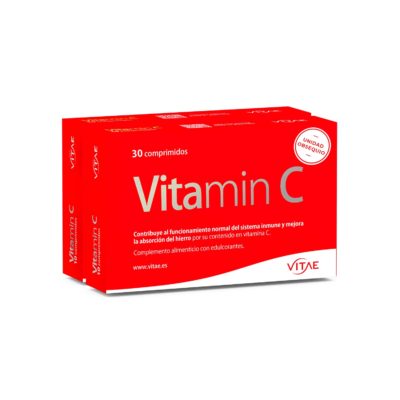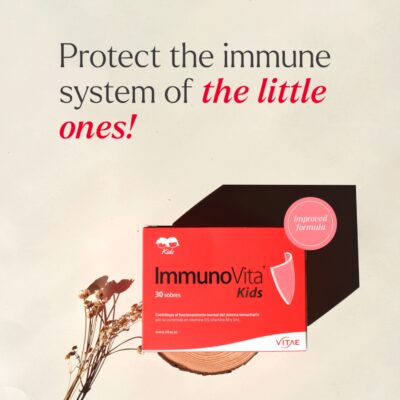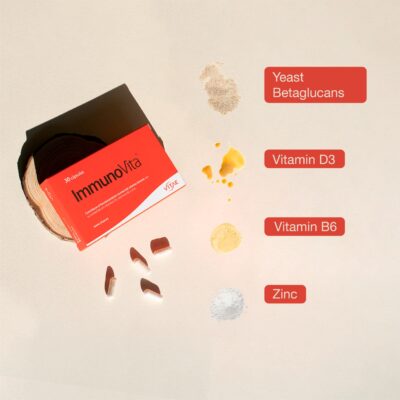With the arrival of winter, the cases of diseases in the respiratory system caused by viruses increase. This happens for different reasons. One of the main ones is that during winter we spend more time indoors, which makes viruses spread more easily. In addition, cold temperatures can weaken the immune system, which contributes to increasing the risk of disease. In this article we are going to explain how our body react to viruses and how can we fight them.
How does our body react to viruses?
When a virus enters our body, our immune system starts fighting it. This happens because white blood cells and immune system cells called T and B lymphocytes recognize the virus and begin to produce antibodies to destroy it. While that is happening, the inflammatory response causes symptoms such as fever, sore throat, cough, and nasal congestion, as these are signs that the immune system is working to fight the infection. In short, the immune system works to recognize and destroy viruses by producing specific antibodies. For this reason, the role played by the immune system is very important in order to help our body fight the viruses.
How can we help our body fight viruses?
If the virus has already entered our body, it is important to strengthen our immune system so that the infection lasts as short a time as possible. At Vitae we care about your health, therefore, we will present some recommendations to help our body fight viruses:
- Healthy eating, a basic: This point is very important, since thanks to a good diet we will be working on improving our first defense barrier. It is fundamental to eat fewer processed foods and bet on increasing the intake of fruits, vegetables and legumes to improve the quality of the microbiota and intestinal mucosa.
- Get enough sleep: A good sleep improves the response of the immune system by producing cells and antibodies that help reduce infections. It also helps balance the body’s hormones and increases the effectiveness of treatment for infectious diseases. Some specialists suggest that the duration of optimal sleep is between 7 and 8 hours.
- Drink more water : Staying hydrated is essential to boosting the immune system, helping to transport nutrients and oxygen to the body’s cells, removing toxins and waste, improving immune cell function, and regulating body temperature. Ideally, on those days where the infection is already in our body, we should drink 2 to 3 L of water a day.
- Reduces stress: Stress is the worst enemy of the immune system because it decreases the production of certain immune cells and antibodies that protect us against viruses. That is why when we have some type of virus in our body, it is recommended to lower stress levels by practicing different activities that help, such as meditation.
- The wonderful Vitamin D: the truth is that vitamin D levels are low in the vast majority of the population, since we do few outdoor activities, work many hours, etc. Vitamin D has great benefits for our body: it improves calcium absorption, improves muscle health and strengthens dentin, controls tension levels, reduces chronic inflammation, etc.
- Don’t forget about supplements!: Natural food supplements with ingredients such as state-of-the-art yeast betaglucans , stimulate the body’s immune response, providing the necessary nutrients for our defenses to function optimally, can help to keep the immune system in optimal conditions.
At Vitae Health Innovation, we have developed ImmunoVita that will help you reduce recovery time and avoid relapses from infections caused by viruses, all naturally, thanks to its latest generation yeast beta- glucan content, vitamin D3, Vitamin B6 and Zinc.








